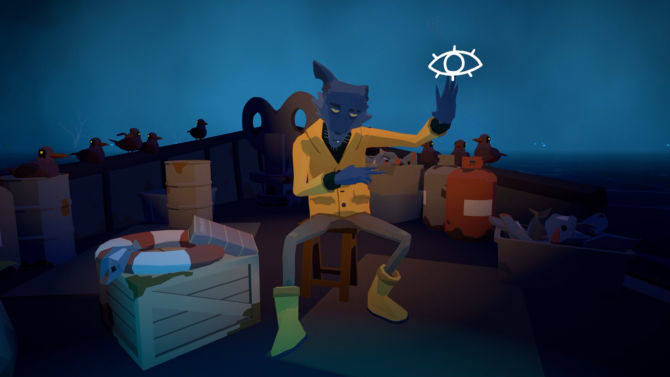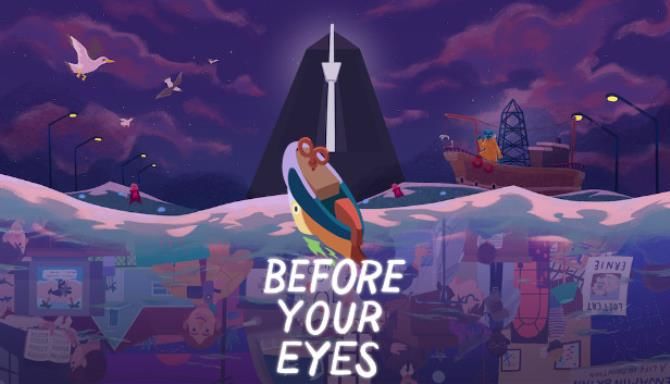
Then there are games like Thousand Threads that help players think about the power and the consequence of words. This can be from simple narrative in a game like Florence to dialogue in a game like Mutazione or even just identifying useful items and game mechanics with in-game descriptions in a game like Zelda Breath of the Wild. Reading In Games: Video games offer all sorts of reading at all levels. There are different ways that video games create this kind of collateral reading and aid literacy: The rise of video games on smartphones and tablets, as well as more affordable game consoles has made the sharing of interactive stories easier. Video games also have benefits for families where parents may not be confident readers, meaning that sharing stories as a family is still accessible to all. They give them access to stories through interaction and world building which they may not have been able to read in print. Video games have significant benefits for children who are reluctant or struggling readers. The National Literacy Trust is a charity dedicated to improving the reading, writing, speaking and listening skills of children and young people who need it most, giving them the best possible chance of success in school, work and life. We have partnered with the National Literacy Trust to create this resource of video games that encourage and enable reading and writing skills. Proteus | Joust | Uncharted 3 | Alan Wake | This War of Mine | Journey | Limbo | Spaceteam | A Dark Room | Altos Adventure | A Year Walk | Bioshock Infinite | The Last of Us | Disney Infinity | Everybody's Gone to the Rapture | That Dragon Cancer | Spec Ops The Line | Papo and Yo This is one way to interpret them which of course invites further and possibly counter interpretations from other perspectives.įirewatch | Everything | Bury Me My Love | Abzu | Wilmot's Warehouse

I aim to make connections with faith, the bible and the experience of these video games. These are two publications for Christian audiences, that have invited me to shed light on what a range of video games might mean for those communities. Firstly, from 2013-2015 for ThirdWay magazine, and more recently for Youth and Children's Work (YCW) magazine.
#BEFORE YOUR EYES GAME STORY SERIES#
The games in this list have been the subject of a series of articles I have written about video games and faith. They offer a chance for response and emotion to grow. They invite us to reconsider how we see the outsider and the marginalised. They include themes of hope, loss and love. Games offer a unique way to encounter what is beyond us: other people, the world and possibly even the divine.
#BEFORE YOUR EYES GAME STORY FULL#
However, many games offer experiences that invite you to explore buildings, worlds, cities and the countryside full of potential for spiritual reflection. Video games aren't high on the list of most people's spiritual spaces. However games use these possessions to tell stories, it's always worth slowing down, noticing the objects we are rushing past and reading the literal and metaphorical notes about the world in which we are playing. In Before I Forget, possessions offer a gateway to our own fraying memories. In Hindsight we are asked to decide which objects to keep and which to let go of. In Overboard, for example, we need to use medication, ear rings and clothing to tell a story that the other characters in the world believe (one where we didn't murder our husband).įinally, games use possessions sentimentally to connect us to the past of characters. Other games use possessions as an important part of how we interact with the world. In this we find the story of a world in panic, but also of the people's lives before everything went wrong. In The Last of Us we find people's notes and possessions abandoned. In Unpacking we spend hours placing and arranging someone's things, and as we do we get to know them (and their hopes, loves, losses and travels) deeply. Some games let us get to know characters solely through their possessions. In, we are given a prized camera and bird book from our grandparents to tell the story of their bond and trust.

Games like The Sims or Animal Crossing enable us to use possessions to create spaces that reflect the character we are playing. The objects of our lives tell a story about who we are and what is happening to us. Favourite toys, carefully written letters, hurried notes, pictures on the walls, dilapidated architecture, menus, vehicles, ticket stubs. Games often use their character's possessions to tell us about them, as much as what they say or look like. Because we can explore the spaces where games happen, they can also tell stories by the things we find. This can be similar to books and films, offering snapshots, flashbacks and poignant scenes that form a life. Games tell stories about people and places.


 0 kommentar(er)
0 kommentar(er)
